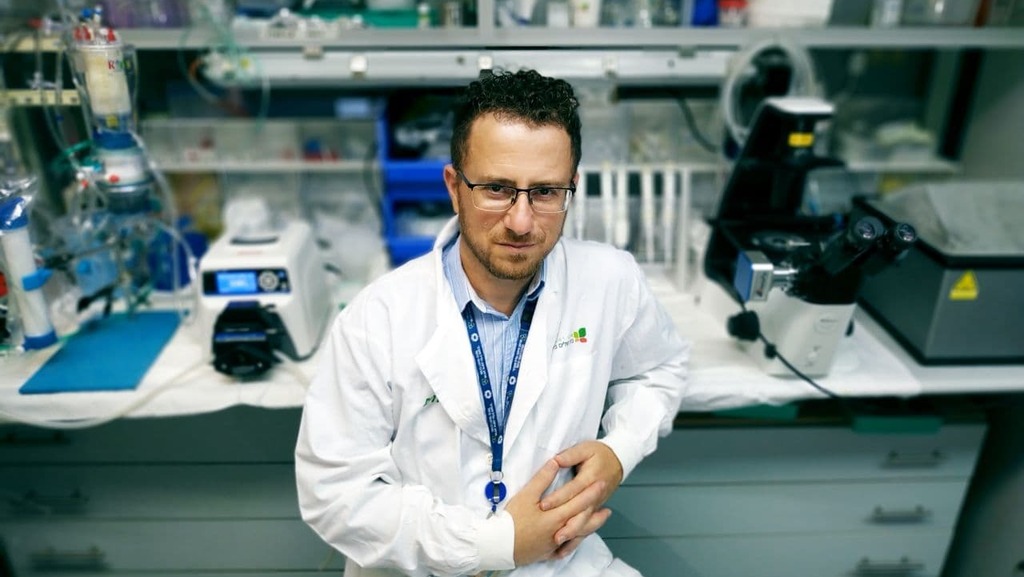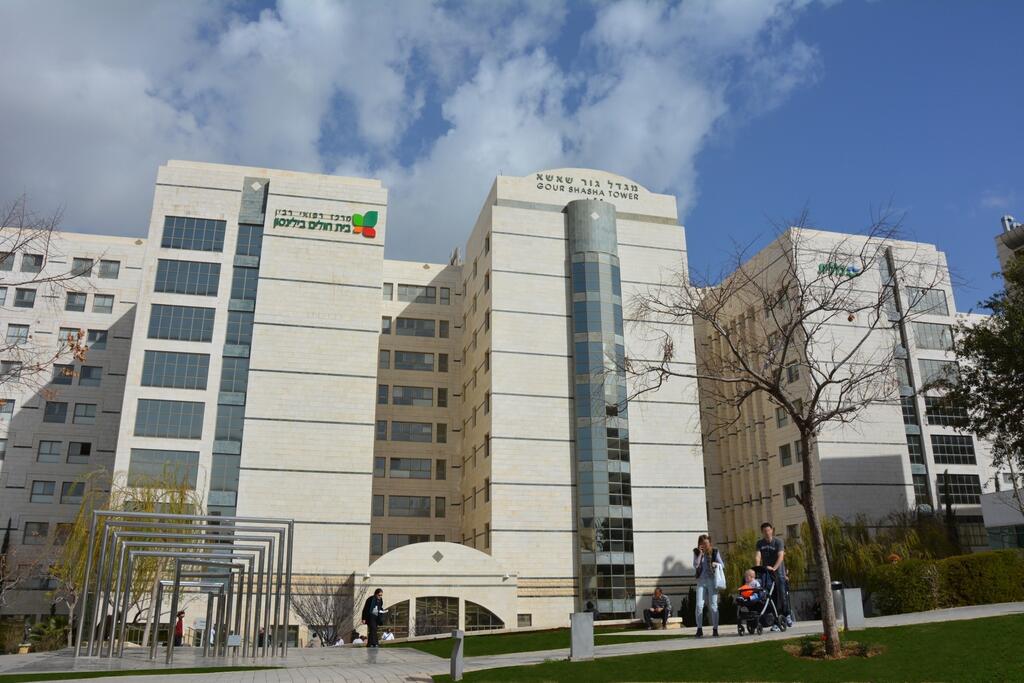A new Israeli breakthrough could see humans successfully receiving animal organs, effectively ending the shortage of viable organs faced by millions of people all over the world.
Researchers at Rabin Medical Center in Petah Tikva, led by Dr. Shahar Cohen, have developed a new method of stabilizing the blood supply to transplanted organs that could pave the way for humans to receive kidneys, livers, lungs, hearts and pancreases from pigs.
2 View gallery


Dr. Shahar Cohen: Seeking to end shortage of donated organs
(Photo: Rabin Medical Center)
Under the new method, blood cells that come with the donated organ are removed and replaced by human blood cells created from placenta-based progenitor cells, which like stem cells can develop into a desired form of cell.
The research was released this week in the prestigious Scientific Reports journal published by the Nature Portfolio.
"The idea behind the method is the understanding that the most significant trigger for organ rejection is the internal lining of the blood vessels," says Cohen.
"This lining is the point of contact between the transplanted organ and the recipient's body."
The researchers found that creating blood cells for the recipient was applicable and will first transplant pig organs into other animals using this method before beginning transplants for humans.
"This is a dramatic shortcut in an attempt to engineer organs and solve their global shortage," says Cohen.
"The research could lead to the elimination of waiting lists for donated organs.
"Furthermore, while organ recipients have to take drugs for the rest of their lives so that the organ is not rejected, we hope that the new method will mean the use of these drugs can be reduced," he says.
Animal organ transplantation is a developing field and the new research was welcomed by the Health Ministry.
"It appears to be a solution to the severe shortage of organs for transplantation that is prevalent today," the ministry said.
"The basic barrier to xenotransplantation [trans-species transplants] is in the mismatch between genetic materials that can result in the immediate rejection of the transplanted organ," the ministry said.
The ministry's website says that the pig is the ideal animal donor for humans, as "its organs are similar to human organs both in size and function. Pigs produce a large number of offspring each year, making them an inexhaustible source of organs."
According to Rabin Medical Center, the researchers estimate they will have developed the technology within three to five years, "making it possible for every patient to receive the organs they need."
Dr. Eviatar Nesher, the director of the medical center's Department of Organ Transplantation, hailed the research as a "significant step."
“The ability to produce an organ that is available and suitable for transplantation in humans will be a solution for the thousands of patients awaiting transplants," he said.


